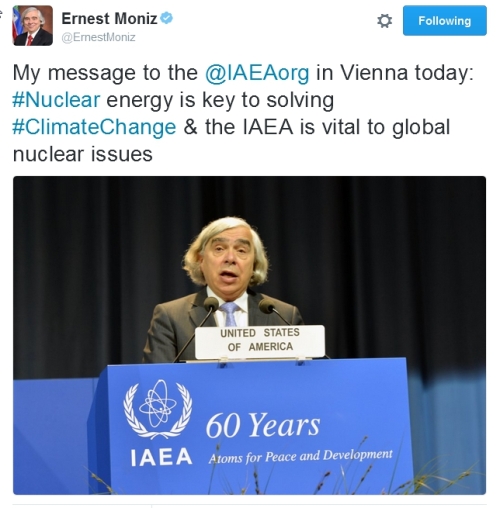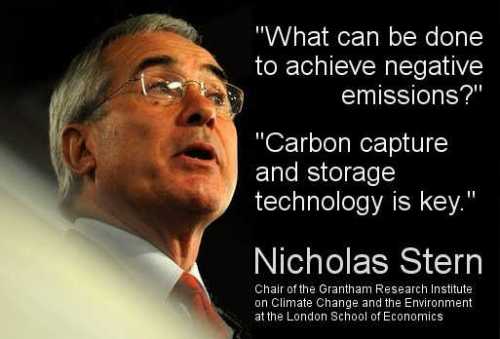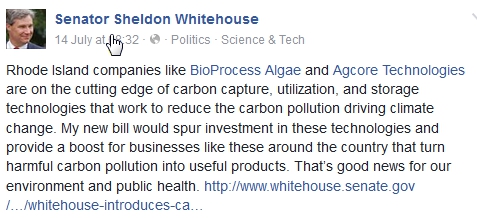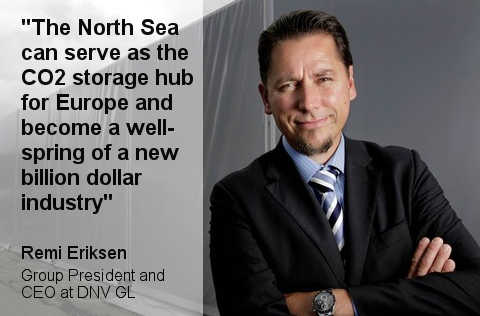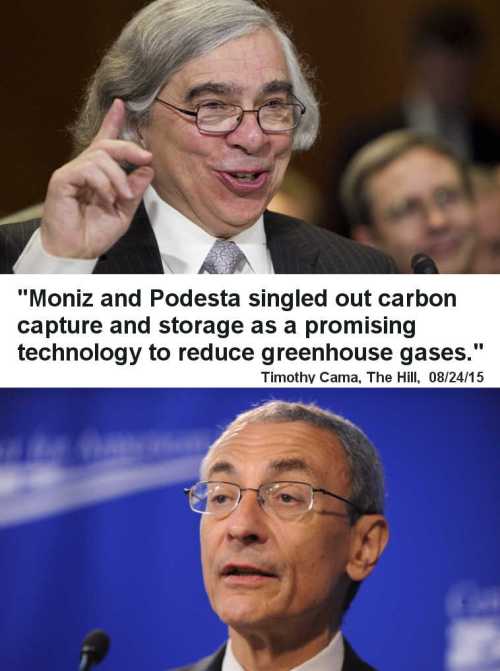Dec 05
20162
Avaaz, Non-Profit Industrial Complex, Purpose [Public Relations Arm of Avaaz], Social Engineering, The International Campaign to Destabilize Syria
Networked Hegemony NGO-Military Industrial Complex Non-profit Industrial Complex Social Engineering
PODCAST: Deconstructing the Non-profit Industrial Complex [Episode 2]
NGOs as a Force for Good? Get the Fuck Outta Here [Episode 2]
11/15/2016
click to download podcast episode
Guests: Vanessa Beeley, independent researcher/ journalist and anti-war activist residing in France, Cory Morningstar independent researcher/ journalist focusing on ecology and the NPIC, residing in Canada and Forrest Palmer, electrical engineer, writer/editor for Wrong Kind of Green, residing in Texas, USA.
This is the second episode in a new weekly podcast that focuses exclusively on the non-profit industrial complex as a key instrument of empire in the 21st century.
A re-wrap from the introduction of this episode:
“Since the 1960s, the military-industrial complex has wielded Netwar (networked psychological warfare) against the peace movement. If you look up Netwar at Wikipedia, you will see there are five people who stand out in this field of study. Two of the five are the late Paul de Armond (Public Good Project) and, Jay Taber (Center for World Indigenous Studies).
Forrest Palmer and I first worked with Jay Taber in 2013, when we helped IC Magazine design Communications in Conflict, a primer he authored on Netwar. Since then, we have published numerous articles on Wrong Kind of Green, two of which are relevant to this discussion: The Purpose of Avaaz: Crimes Against Humanity and Wag the Dog: Campaigns of Purpose.
In these articles, Jay exposes the use of Netwar by the military-industrial complex against the peace movement, with a focus on social engineering by Wall Street-corrupted alternative media, social media and NGOs. As Jay illustrates, both the military-industrial complex and the ‘humanitarian’ industry rely on Netwar to sow disinformation, dissension and distrust, thereby undermining the social solidarity and cohesion that might threaten their impunity.
As Jay observes, “In 2014, the New York public relations firm Purpose created a campaign to rally international support for the Syrian ‘humanitarian intervention’. A euphemism for armed aggression by the US and NATO in places like Libya, this Syrian campaign in 2012 was backed by the New York lobby Avaaz, which in turn set up communications support for the so-called Syrian resistance.”
He goes on to note that, “Most consumers of social media are under the illusion that the UN is an honest broker, and that the Wall Street fronts Avaaz and Purpose are somehow ‘grassroots’. Working with increasingly corrupt NGOs like Amnesty International and Human Rights Watch, Avaaz and Purpose create the illusion of advocating for human rights, which, in turn, serves as pretext for economic sanctions by the IMF and military invasions by NATO.”
[Episode one can be found here.]
Further reading:
http://publicgood.org/2016/11/instruments-of-power/



